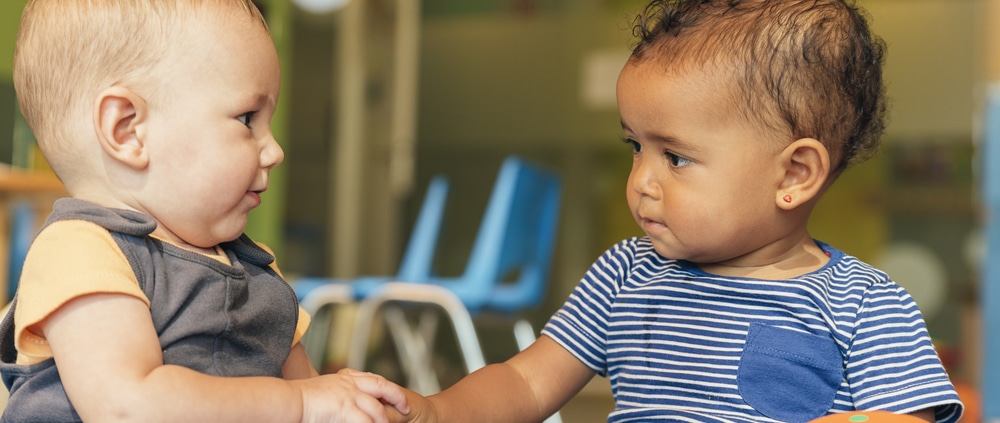
Teaching Your Children To Share
Whether it’s food, toys, ideas, or even friends, many children have a hard time sharing with others. Although it’s important that they learn sharing is caring. When children learn how to share, they learn one of the most valuable social skills. Sharing enables them to value people more than objects, practice fairness, and learn empathy.
Here are three tips on when it comes to sharing:
1. Don’t scold them for not sharing
Demanding your child to share doesn’t always have a positive outcome. To us, a child’s teddy bear is just a toy. But to a child, it might be something more. According to Colleen Goddard, a Child Development Specialist at Beginnings Nursery School in New York City, children have “transitional objects” to cope with separation anxiety like when their parents drop them off at school. “In the earliest of classrooms, transitions are experienced over and over,” Goddard wrote in Psychology Today. “A parent says goodbye and the child responds in a cathartic release emotion. It is in these moments where the healing power of transitional objects is fully utilized.” The last thing you’d want to do is create resentment early on in life. Understand that there will be barriers, and a child should feel that it’s okay not to share some objects sometimes.
2. Teach them turn-taking
When you teach your child the art of taking turns, you’re teaching them fairness. In a child’s mind, sharing translates into them giving something up for good. But turn-taking reassures them that they can share without giving up anything. You can practice turn-taking with your children by setting a timer to mark the end of their turn with a toy or game, or by having a waiting list.
3. Be an example
As parents, it’s important to be mindful of our own behavior because children learn from watching us. If you ever have an opportunity to share something with your partner or a friend in front of your child, make sure your child acknowledges the exchange and sees how happy it makes you both afterwards. If you also share with your child often, they will want to share as much with you. For example, at dinner time, ask your child if they want a piece of your dessert. Starting with the small acts will teach them to be kind and value making their loved ones happy.
Sharing at Creative Child Learning Center
At Creative Child Learning Center, we believe in exposing children to real life situations where interactions where sharing is necessary to fulfill their potential as individuals. With support from our loving and dedicated teachers, we aim to help our students develop a sense of self-worth and responsibility, as well as enthusiasm and belonging.
